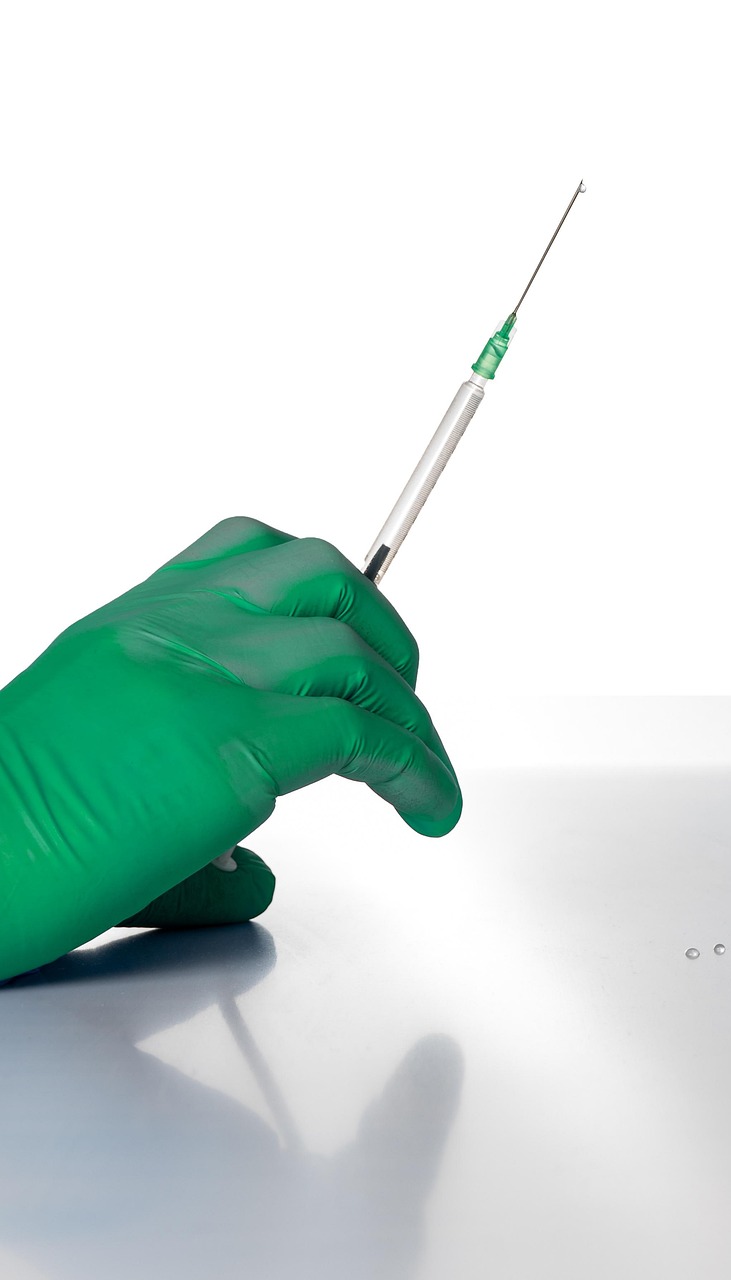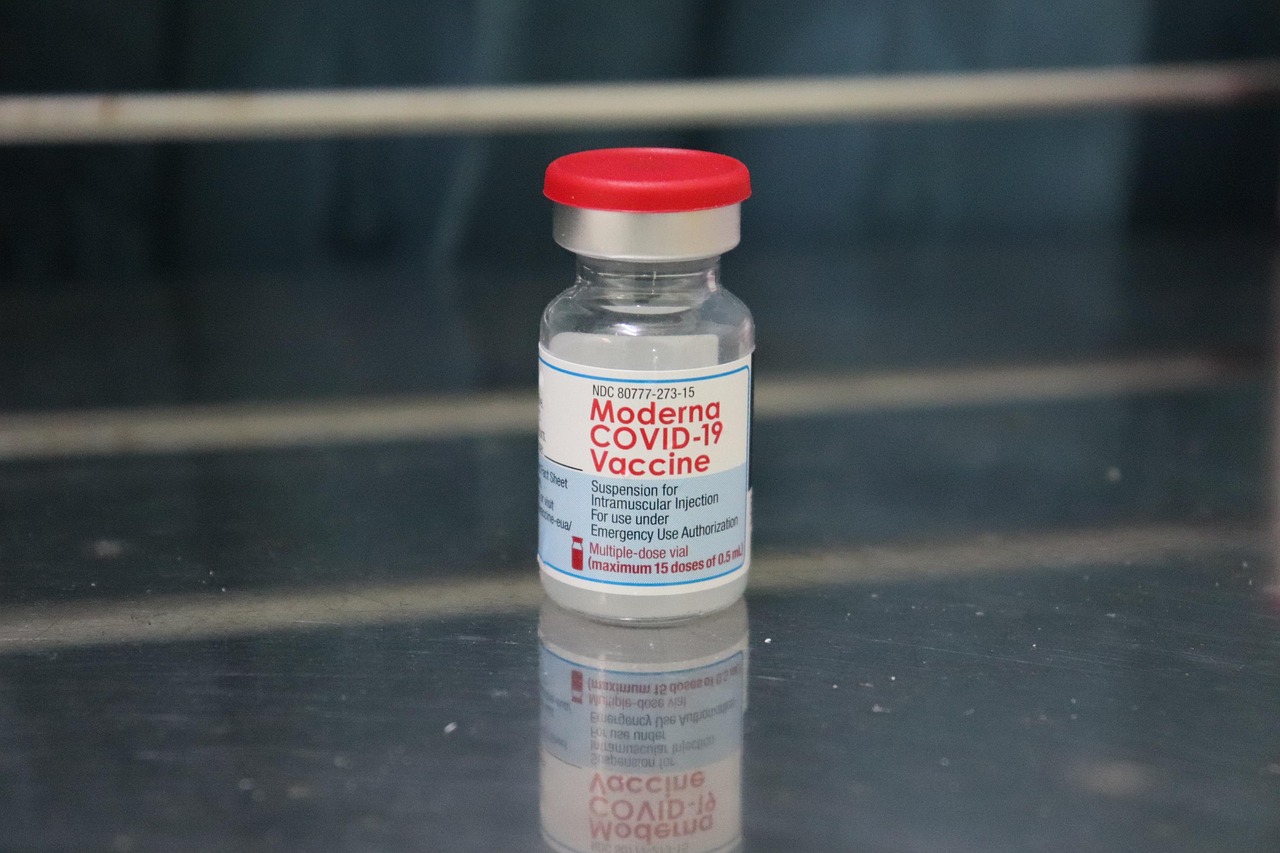
Diseases have always been part of human life. From the common cold to more dangerous ones like measles, tetanus, and polio — many have suffered, and sadly, many have died. But thanks to science and persistence, vaccines were developed. Honestly, I consider vaccines one of the most important medical breakthroughs ever made.
Vaccines, in simple terms, train the body to recognize and fight certain infections. They don’t cure diseases, but they give your immune system a head start before the real threat shows up. Think of it like preparing soldiers for battle before war breaks out. And truthfully, that little preparation can be the difference between life and death.

I’ve personally taken all my required vaccines, including the COVID-19 vaccine. I was hesitant at first — not because I didn’t believe in vaccines, but because of all the confusing information out there. I had patients and even relatives telling me all sorts of things: “It will make you infertile,” “It’s a government trick,” “People will drop dead in two years.” I had to sift through fear, culture, and conspiracy theories just to get to the truth. But after researching deeply and seeing others take it safely, I got mine and encouraged others to do the same.
One outreach I went on recently really opened my eyes. We were doing a door-to-door vaccination awareness campaign in a rural community. I stopped by a house where a young mother with three children lived. I asked her, “When last did your baby receive any immunisation?” She looked at me blankly and said, “I can’t remember.” I was a bit thrown off, so I asked, “How old is the baby?” She didn’t know either. She actually had to run inside and dig out some documents. And guess what? That day was the baby’s first birthday. I was honestly stunned. How can a mother not know her child’s age, let alone their health status?
But then, I reminded myself — it wasn’t entirely her fault. She wasn’t careless; she just didn’t have the right information. No one had ever explained the importance of vaccines to her properly. So, I sat with her, calmly, and talked her through the basics. Why it mattered. What the risks were if she ignored it. I even wrote down dates for her and explained what each vaccine was for. I made sure to return a few weeks later, and I was so proud to see she had already taken the baby to the health centre. That gave me so much joy.
There are so many false beliefs about vaccines, especially in rural communities. Some say it’s a way to reduce population. Others think it’s not “natural.” But from what I’ve seen — as someone who has worked in the health space for years — vaccines work. I’ve seen communities where polio was once common, now free from it. I’ve seen fewer children die from measles, and fewer mothers losing babies to preventable diseases.
I’m not saying vaccines are perfect, no medicine is. But the benefits far outweigh the risks. We just need more education, more patience, and more outreach.
I truly believe vaccines are not just a personal decision — they’re a community responsibility. When one person is protected, we’re all a little safer. And that, to me, is worth every effort.
This is my response to the ongoing content @scifimultiverse vaccine

Posted Using INLEO